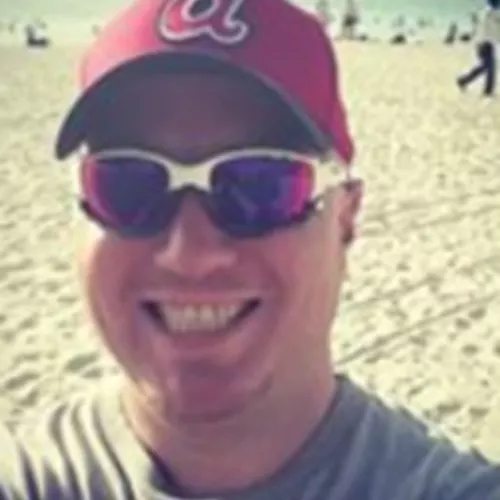Post-traumatic stress disorder (PTSD)
Explains what post-traumatic stress disorder (PTSD) is, including possible causes and how you can access treatment and support. Includes tips for helping yourself, and guidance for friends and family.
View this information as a PDF (new window)
How can I help myself?
Living with PTSD can feel overwhelming. This page offers some practical suggestions for looking after yourself.
You can't stop the waves but you can learn to surf; through my PTSD recovery journey I've learnt that emotions come and go in waves. It's best not to fight against them but ride with them.
You might find that certain experiences, situations or people seem to trigger flashbacks or other symptoms. These might include specific reminders of past trauma, such as:
- smells
- sounds
- words
- places
- particular types of books or films.
Some people find things especially difficult on significant dates, such as the anniversary of a traumatic experience. It can help to plan ahead for these times and use these self-care tips to help you.
When experiencing PTSD it can be hard to open up to others. This may be because you feel unable to talk about what has happened to you or because you find it difficult to trust others after your traumatic experience.
You don't need to be able to describe the trauma to tell someone how you are currently feeling though. It could help to talk to a friend or family member, or a professional, such as a GP or a trained listener at a helpline.
See our page on telephone support for more information about helplines. Our page on talking to your GP also has tips on how to start difficult conversations about your feelings with your doctor.
Everyone has their own unique response to trauma and it's important to take things at your own pace.
For example, it may not be helpful to talk about your experiences before you feel ready. Try to be patient with yourself and don't judge yourself harshly for needing time and support to recover from PTSD.
Peer support brings together people who have had similar experiences, which some people find very helpful.
See our pages on peer support for more information about what it involves and how to find a peer support group to suit you.
Hope. There is always hope. With the right treatment and support, things will get better. I'm a living testament.
You might find it useful to contact an organisation that specialises in advice and support for PTSD, such as ASSIST Trauma Care.
It could also be helpful to find an organisation with expertise in the particular type of trauma you have experienced.
See our useful contacts page for details of relevant organisations.
Coping with PTSD can be exhausting. You might feel like you can't find the energy to take care of yourself, but looking after your physical health can make a difference to how you feel emotionally.
For example, it can help to:
- Think about your diet. Drinking enough water, eating regularly and keeping your blood sugar stable can help you cope when things feel difficult. See our pages on food and mood for more information.
- Try to exercise. Exercise can be really helpful for your mental wellbeing. See our pages on physical activity for more information.
- Spend time outside. The outside world might feel overwhelming, but spending time in green space can boost your wellbeing. See our pages on nature and mental health for more information.
- Avoid drugs and alcohol. While you might want to use drugs or alcohol to cope with difficult feelings, memories or physical pain, they can make you feel worse in the long run. They can also make other problems worse, such as difficulty sleeping. See our pages on recreational drugs and alcohol for more information.
PTSD and sleep problems
Lots of people who experience PTSD have problems sleeping. You might:
- find it hard to fall or stay asleep
- feel unsafe during the night
- feel anxious or afraid of having nightmares.
See our page on coping with sleep problems for more information.
Things that helped: I took up running, which helped me sleep, as it seemed to clear the excess adrenaline; talking to my friends and sisters, again and again; giving up sugar and alcohol, as I was using them as masks for my erratic behaviour.

Homelessness and PTSD - how drumming helped me through
My determination to be a positive force in my children’s life was the reason I stayed and tried to work through my issues.
This information was published in January 2021. We will revise it in 2024.
References and bibliography available on request.
If you want to reproduce this content, see our permissions and licensing page.













